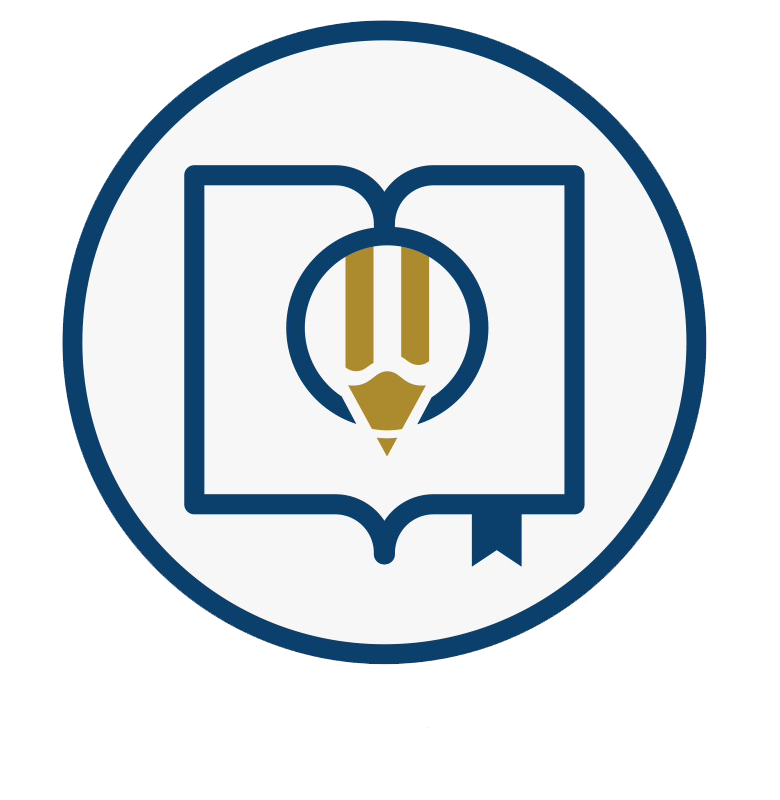In response to the rapid advancements in various scientific fields and the need to keep pace with contemporary developments across disciplines, the Faculty of Education – Helwan University held its Second General Seminar for the 2021-2022 academic year. The seminar was organized and prepared by the Department of Comparative Education and Educational Administration, under the patronage of Prof. Dr. Hossam Hamdy, Dean of the Faculty, and was titled: "Education: Future Trends."
The seminar incorporated Augmented Reality (AR) technology, showcasing cutting-edge technological applications in education. This technology was used to present various educational elements, including dinosaurs, skeletal structures, chemical models, and space science applications, bringing them to life within the seminar hall.
The event was attended by a distinguished group of scholars, esteemed professors, faculty members, and their assistants, who engaged with these innovative educational demonstrations.
At the beginning of the session, Prof. Dr. Hossam Hamdy, Dean of the Faculty, expressed his gratitude and appreciation to the Department of Comparative Education and Educational Administration, led by Prof. Dr. Nahla Sayed Hassan, for selecting this important topic. He highlighted its strong connection to the 20th Scientific Conference and 3rd International Conference of the Faculty of Education – Helwan University, which was held on July 17-18, 2022, under the title:
"The Future of Teacher Preparation in Light of the Changes of the Fourth and Fifth Industrial Revolutions."
Prof. Hossam Hamdy referred to insights shared by participants in the 2016 World Economic Forum in Davos, where the Fourth Industrial Revolution was described as a "tsunami" of technological changes.
He also noted that some participants expressed concerns about this revolution, particularly regarding the role of humans and their potential alienation within the digital interaction sphere of cyberspace.
He emphasized that we now stand on the threshold of a new revolution—the Fourth and Fifth Industrial Revolutions—which focus on reintegrating human hands and minds into the industrial framework. The primary goal is to seamlessly merge humans and technology, ensuring that both work closely together and mutually enhance each other with countless benefits.
Instead of fear and uncertainty about the future and technological advancements, he stressed the importance of embracing enthusiasm and preparing ourselves to adapt and thrive in this evolving landscape.
Prof. Dr. Rasha Saad Sharaf, Professor of Comparative Education and Educational Administration, presented an overview of how international education systems are preparing for the Fifth Industrial Revolution.
She highlighted the need for a revolutionary shift in the philosophy of education, emphasizing the importance of redefining the roles of teachers and restructuring curricula across different educational stages. Her presentation drew on insights and experiences from various countries that have already begun adapting to these transformative changes.
Prof. Dr. Nahla Sayed Hassan, Professor and Head of the Department of Comparative Education and Educational Administration, discussed educational policies in various countries, with a particular focus on China's Belt and Road Initiative (BRI).
She also highlighted emerging global issues impacting education and international relations, including cybersecurity, the rise of China and Russia, environmental challenges, and the global shift toward sustainability and green initiatives.
Additionally, Prof. Dr. Hendawy Mohamed Hafez, Emeritus Professor of Comparative Education and Educational Administration, discussed the necessity of developing scientific research.
His presentation covered key topics, including emerging research methodologies that align with technological advancements, their impact on human societies, and their applications in the fields of education and pedagogy.
Prof. Dr. Ibrahim Abbas El-Zohairy, Emeritus Professor of Comparative Education and Educational Administration, presented on the shift from learning outcomes to a competency-based system in program and course design.
He highlighted competency-based education (CBE) as the latest framework in quality assurance and accreditation systems, emphasizing its alignment with the future demands of educational systems in the context of the Fifth Industrial Revolution.
Additionally, attendees, including esteemed faculty members, actively participated by sharing their insights, comments, and feedback. This intellectual exchange enriched the seminar, adding depth and value to the discussions.
In conclusion, Prof. Dr. Hossam Hamdy, Dean of the Faculty, expressed his gratitude to the distinguished speakers for their valuable insights and contributions.
He also extended his appreciation once again to the Department of Comparative Education and Educational Administration and its faculty members for their excellent preparation and organization of the faculty’s Second General Seminar.


